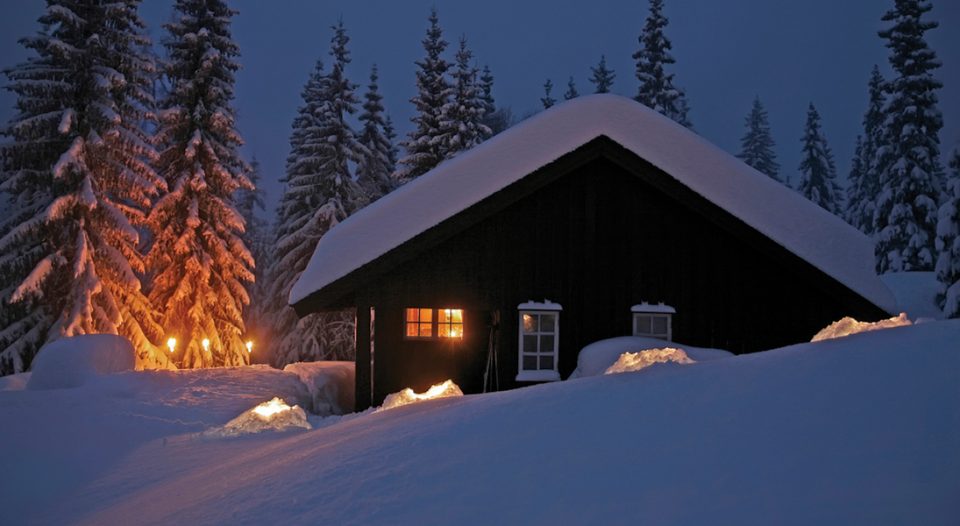When I was a child, I needed a night-light and open bedroom door to let in light from the hallway so I could fall asleep. Even then, the remaining shadowy corners of my room frightened me with visions of ghosts lurking behind the rocking chair or in the closet. Fear of darkness is common among small children. Most people outgrow their fear; some—like me—never do.
For many in the Northern Hemisphere, January trudges on, marked by darkness. We dread the season of early sunsets and try not to drive, or even walk, outdoors after daylight has vanished. We hesitate to venture out at night because it’s hard to see who (or what) awaits us. The cold, bleak, dark winter is a time to endure, not enjoy. We despise the obscurity of night.
I also hate to be “in the dark” about things I don’t understand. From trigonometry to repairing malfunctioning appliances to grasping weighty philosophical concepts, I’m endlessly frustrated by the limits of my comprehension. In the darkness, the unknown often feels like the unknowable. I struggle toward a light-bulb moment when all will come clear. (Most of the time, it seems I’m struggling in vain.) Many of us fear what we cannot understand.
I wonder: Why does there need to be darkness at all?
In Isaiah 60:1-5, the prophet Isaiah acknowledges the “thick darkness” that covers us and the earth. He recognizes people are downhearted, desperate for light. But Isaiah points them (and us) to something truly wonderful—Jesus the light, dispelling darkness with the “brightness of [his] dawn.” In John 1, too, we read that Jesus outshines the darkness. Both readings teach that we need not be terrified of the dark. Instead we can be at peace in darkness, confident Jesus is near.
Can we step out in faith, even in the dark, when we can’t see the way forward? We can. We have God’s assurance that we do not walk alone.
This first month of the new year, however dark it might feel, symbolizes the coming of Christ into a world that has been waiting in fear and ignorance, a world reaching for hope and enlightenment.
Do we understand right away? Of course not. We are so accustomed to cowering in the shadows we don’t even recognize beautiful, grace-filled light when we see it. In Luke 4:14-21, Jesus is in his hometown synagogue and proclaims himself as the fulfillment of Isaiah’s prophecies. The darkness of poverty, imprisonment, blindness and oppression—all banished. Good news indeed, yet Jesus’ friends and neighbors fail to comprehend his message. Nevertheless, our Lord shines on, patiently helping them—and us—understand. Miracle by miracle, lesson by lesson, healing by healing, God’s glory is revealed.
Can we step out in faith, even in the dark, when we can’t see the way forward? We can. We have God’s assurance that we do not walk alone. Again, from Isaiah 43:1-7: “When you pass through the waters, I will be with you. … Do not fear, for I am with you.”
Is the dark still a fearful place for me? Yes, I must admit. I will never love the evening the way I love the morning. Yet I am reassured by Scripture that the God who stays with me is far greater than any darkness I face. Grounded by this knowledge, I can approach the long winter with joyful expectation. At last it’s dawning on me: spring is coming. The light, the warmth always comes. For me. For all of us. Thanks be to God!





